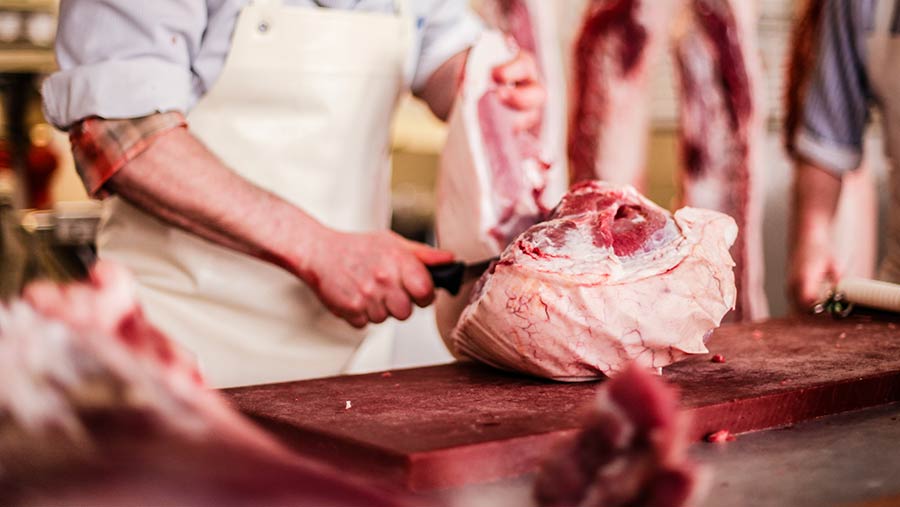NFU Conference 2023: Mark Spencer announces small abattoir aid
 © Shellygraphy/Adobe Stock
© Shellygraphy/Adobe Stock Industry leaders have welcomed government plans to introduce funding for small abattoirs in the UK, after years of lobbying.
The new funding package, which will be announced in full later this year, will help those abattoirs to add value by supporting the availability of local produce.
The money will provide specific equipment to support the rearing of rare and native breeds, encouraging rural employment and safeguarding the food supply chain through a diverse and productive abattoir sector.
See also: New Defra farm minister backs small, local abattoirs
The Rare Breeds Survival Trust (RBST) said it had been lobbying for years for increased capital investment in the network of local abattoirs, adding that the commitment was “wonderful news”.
Speaking at the NFU conference, Defra farming minister Mark Spencer said: “Abattoirs are key to the food supply chain and there is clearly a need to support smaller providers in this area.
“The availability of funding will help abattoirs to invest in new technology and improve productivity and animal health and welfare, allowing our agriculture sector to get its high-quality produce to market.”
The announcement follows a recent roundtable the minister held with representatives from the sector to discuss the issues they are facing.
A network of smaller abattoirs distributed around the country is crucial to supporting the rural economy, enabling farmers to sell their own meat in farm shops and maintaining good animal health and welfare through reduced journey times to slaughter.
Over the past decade, however, there has been a 20% reduction in the number of low-capacity abattoirs. In the 1930s, there were 30,000 small, licensed local abattoirs in the UK. There are now only 250.
Abattoir closures
RBST chief executive Christopher Price said: “We have been losing local abattoirs at the rate of at least 10 a year and the issue has been particularly acute in the uplands, the Lake District and the West Country, where extensive livestock farming is generally the only sort of farming possible.
“The sustainable livestock sector is made up largely of small farms keeping small numbers of animals, often local breeds particularly suited to their area.
“Those farms depend on the existence of a network of abattoirs capable of processing these small numbers of non-standard animals to high welfare standards and returning all the by-products, the skins and the horns, all of which have a market.
“The larger, more industrial operations set up for slaughtering large numbers of intensively farmed animals have proved themselves incapable of delivering on this. Hopefully, today’s announcement will see the start of real change.”
John Mettrick, legislative director of National Craft Butchers and vice-chairman of the Abattoir Sector Group, said: “It is great news that the government has listened at last. I am delighted to hear the news and keen to see the details.”
